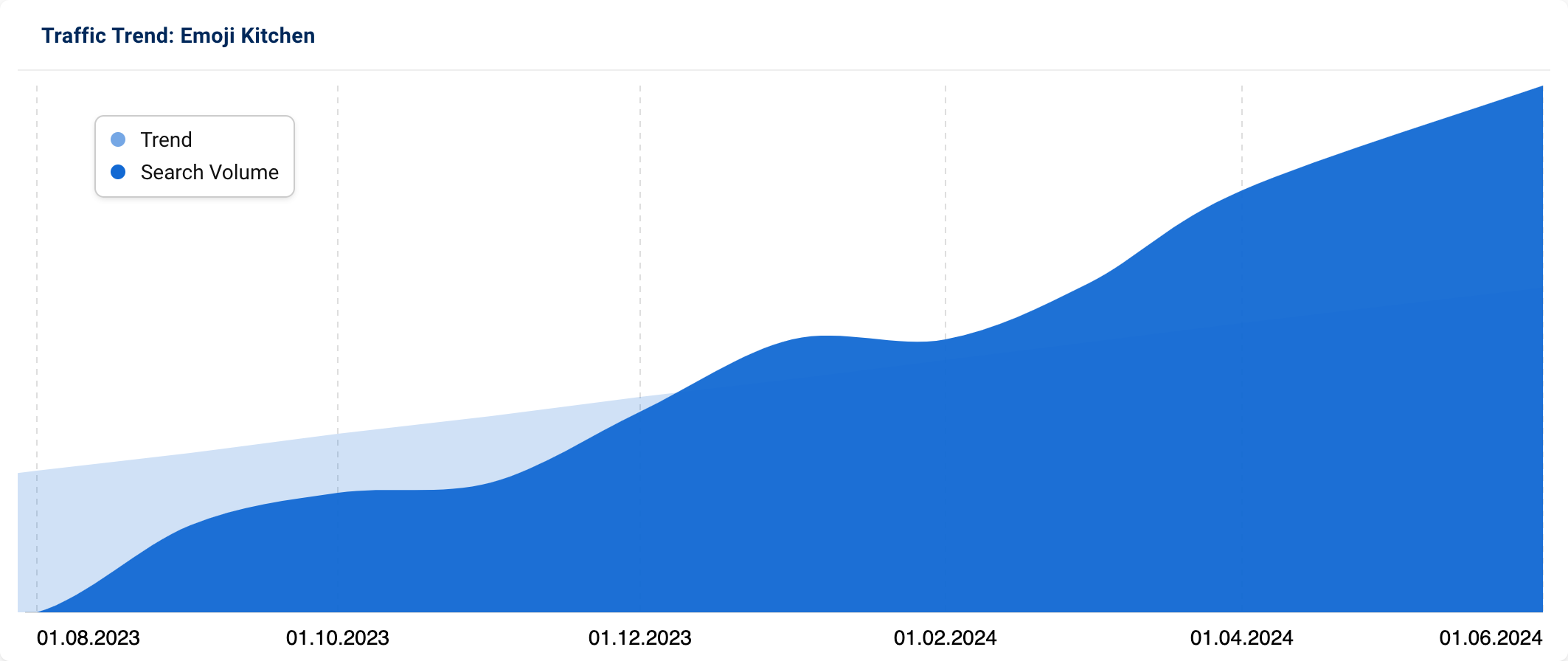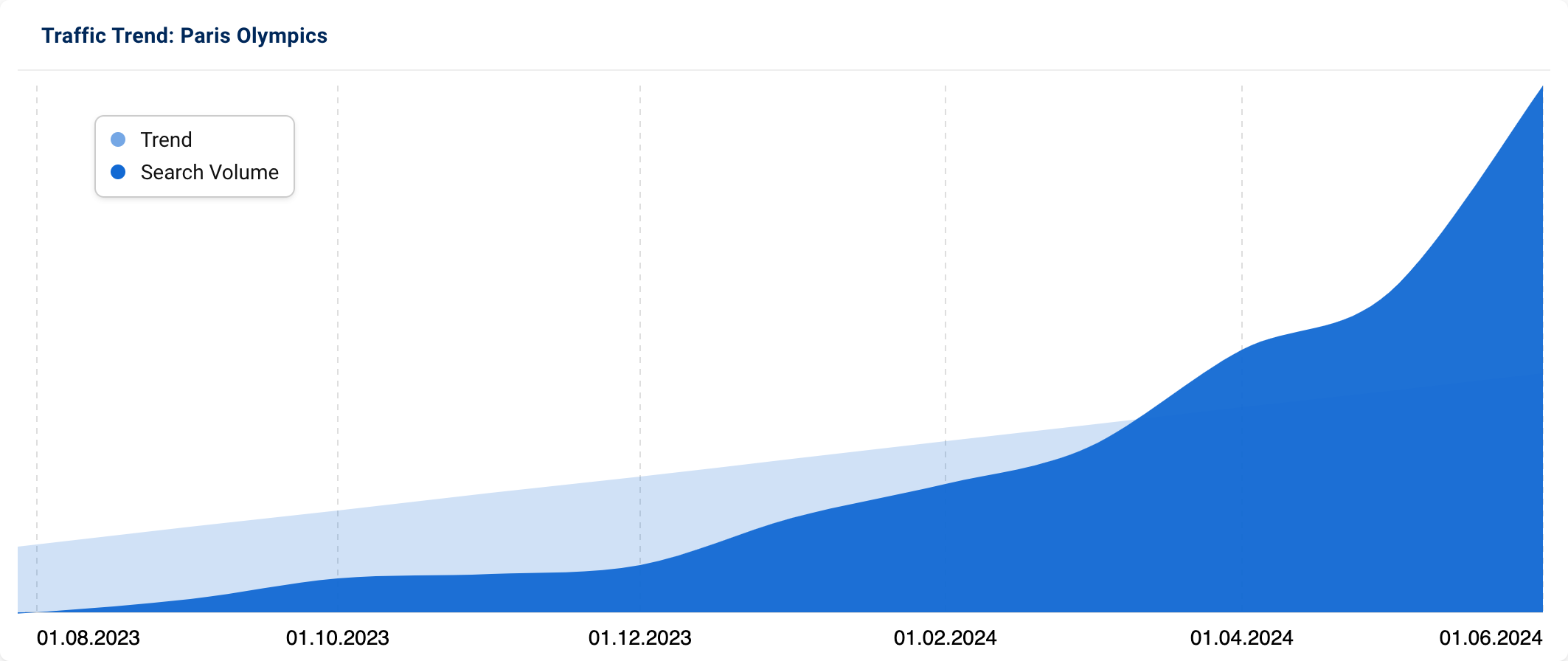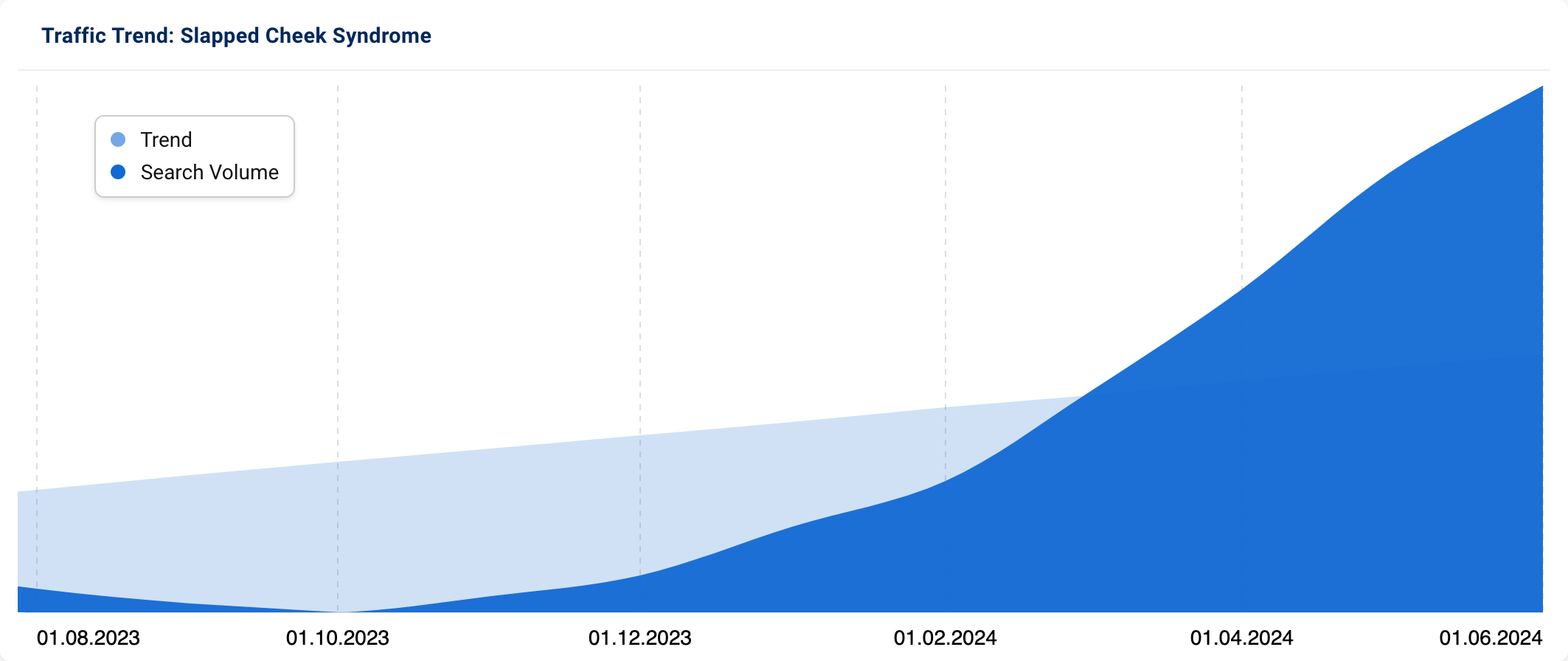Welcome to this month’s edition of TrendWatch, where we will take a closer look at trends such as Cloud Seeding, Carote Pans, and the Paris Olympics. Here, we explore 10 intriguing and surprising trends.
Emoji Kitchen

Think mashups but for emoji’s. Emoji Kitchen has been developed by Google allowing you to combine different emojis to create something unique. I often pair shark and tornado to indicate that sharknado level drama is incoming. You could also put a cowboy hat on a monkey emoji or a party hat on a poop emoji! Really the possibilities are endless. This feature is available on Gboard, Google’s keyboard app which gives it a pretty big installed distribution base since Gboad is common on Android. No worries Apple users, you can also access it online through Google search.
If you’ve struggled to find the perfect emoji, Emoji Kitchen just might have the perfect emoji to tell your story.
Paris Olympics

It’s no surprise with the Olympics kicking off on July 26 – August 11 that Paris Olympics would appear in the data. What is interesting is just for the same search term Paris Olympics, the US has 3X more searches. This could simply be down to the US having a significantly larger population; the US has approximately 332 million people, while the UK has about 67 million. It could be the larger population which naturally leads to a higher volume of searches. But there is a big story for why the Olympics are more highly anticipated in the US.
Overall the UK’s interest in the Paris games is lower than previous years, only 42% of the population is interested, there is some speculation that there is some burnout from the Euro Cup which took place mid June to mid July, the Olympics starting just 12 days after the Cup finals.
The US historically performs well in the Olympics, often leading the medal count. This generates more anticipation and interest. Combine this with the fact that this year they have sent the smallest Olympic team in 20 years. A smaller team means less athletes to cheer for.
While British athletes have made significant strides in the Olympics, their star power often pales in comparison to their U.S. counterparts. For instance, British swimming champion Matt Richards, with a gold medal in the men’s 4x200m freestyle relay at the Tokyo Olympics, does not match the recognition of American icons like Michael Phelps or Katie Ledecky. Similarly, accomplished British swimmers Duncan Scott and Tom Dean have not reached the fame levels of top American swimmers, bolstered by a larger U.S. media presence and marketing machine.
Keely Hodgkinson is gaining recognition in middle-distance running, with potential to achieve household name status akin to American track stars. Adam Peaty, known for his dominance in breaststroke and Olympic gold medals, is one of the more recognised British athletes, yet his fame is still eclipsed by American superstars like Simone Biles or the Williams sisters.
While British athletes such as Richards, Hodgkinson, and Peaty are making significant marks, they do not possess the same star power as their U.S. counterparts. The historical success, extensive media coverage, and marketing opportunities in the U.S. contribute to the elevated global profiles of American athletes.
The media approach to covering the games is also a contributing factor. NBCUniversal, the broadcaster of the Olympics in the US, has been making significant efforts to modernise its coverage and attract wider audiences by incorporating AI technology and creating personalised content. This increased promotion and innovative coverage approach likely drives more searches in the US.
The strong sports culture in the US, with a particular emphasis on Olympic sports, contributes to higher interest. Many Olympic events align with popular collegiate sports in the US enhancing public engagement. Partnerships with tech giants like Google, the official search AI partner of Team USA, could also be driving more searches and engagement with Olympic content in the US.
I have to admit, most of my Olympic news has been focused on the Seine not being clean enough for the swimming leg of the triathlon and the marathon swimming. These events and the opening ceremony are what I’m personally looking forward to!
Slapped Cheek Syndrome

Slapped cheek syndrome, also known as fifth disease, is a common childhood illness caused by parvovirus B19. It is named for the characteristic bright red rash on the cheeks, which resembles a slap mark.
The recent surge in search volumes in the UK is likely due to the cyclical nature of the virus, which resurfaces every 3-4 years. There has been a period of low activity since 2018, cases have been rising from late 2023 into 2024.
The name “fifth disease” comes from its historical classification as the fifth in a list of common childhood rash-causing illnesses, which was established well before the 1980s. The disease is typically mild and self-limiting, usually resolving within 1 to 3 weeks without specific treatment.
Personally, I’d never heard of it, even though I have a school photo where I have bright red cheeks that looked freshly slapped!